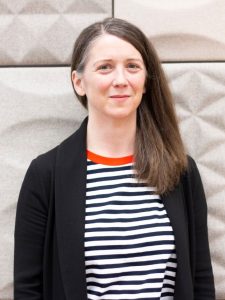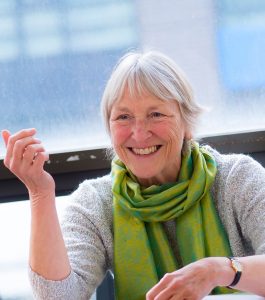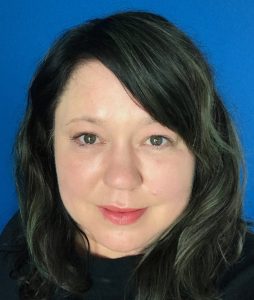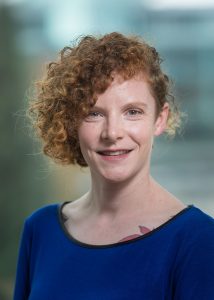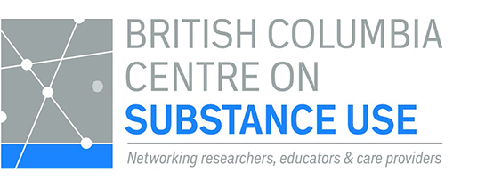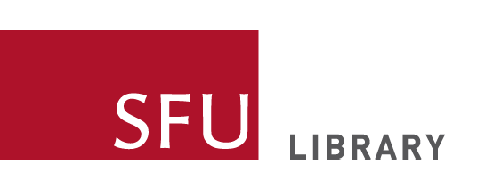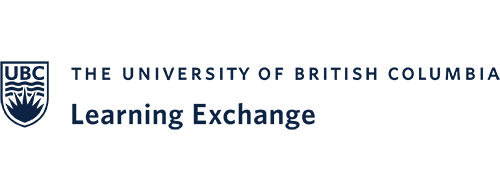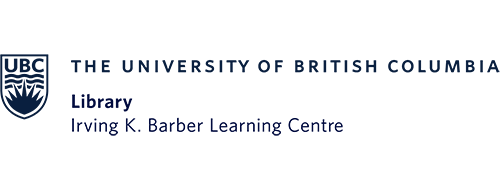Principal Investigators
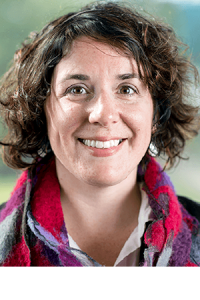
Heather O’Brien
Principal Investigator
Professor and MLIS Program Chair, UBC iSchool, University of British Columbia
Dr. Heather O’Brien is the Principal Investigator of the STOREE Project. She is an internationally respected expert on user engagement. Heather’s User Engagement Scale has been adopted by over 60 international academic and industry researchers to measure the extent to which people feel engaged with different media, from search engines to mobile health apps. It has been translated into French and German. As a library and information science educator, Heather is interested in investigating, promoting and supporting the integral work of information professionals in university-community knowledge exchange.
Heather De Forest
Heather is a librarian at Simon Fraser University. She coordinates the Community Scholars Program, which engages individuals working in the non-profit sector with research publications, and identifies and reduces barriers to accessing this body of knowledge. She was previously the librarian for programs including Public Policy, Urban Studies, and Resource and Environmental Management, where she learned about the information needs of people doing work for hands-on social change. She was also the Research Commons Librarian, where she prepared graduate students to be lifelong producers and users of information. She has worked in communities in Nunavut, the Yukon, and South Korea, in adult basic education and as an English language instructor.
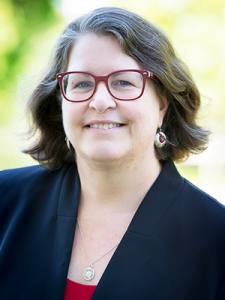
Luanne Sinnamon
Associate Professor, UBC iSchool, University of British Columbia
Dr. Sinnamon is an information scientist whose research is focused on how people find, use and interact with information, primarily through search systems. Her work examines the kinds of situations and tasks that motivate people to search for information and the design of search systems and information genres to support particular kinds of tasks and needs, including community-based knowledge exchange.

Aleha McCauley
Community Engagement Librarian, UBC Library’s Irving K. Barber Learning Centre
Aleha has experience developing partnerships with campus and community agencies and organizations that serve diverse communities. In 2015 she joined the Making Research Accessible steering committee and helped establish the ongoing partnership between UBC Learning Exchange and UBC Library. Aleha has ten years of experience working across diverse sectors integrating information literacy services and library resources into programs and initiatives that foster lifelong learners.
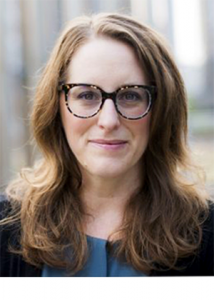
Lindsey Richardson
Research Scientist, BC Centre on Substance Use; Assistant Professor, UBC Sociology
Lindsey is a medical sociologist whose research focuses on the drivers and consequences of socio-economic marginalization among people who use drugs. Lindsey is currently the Principal Investigator of three ongoing studies: 1) the Cheque Day Study, a randomized controlled trial examining the drug-related impacts of changing the timing and frequency of income assistance payments; 2) the Assessing Economic Transitions (ASSET) study, a cohort study examining the impacts of economic engagement and 3) the Social Scientific Investigation of randomized controlled trial participation in addictions research (SIRCA) Study, a project examining the social and structural influences on and outcomes related to participation in drug use research. Her mixed-methods research links observational research, the implementation of social and structural interventions, and studies on medical research participation.

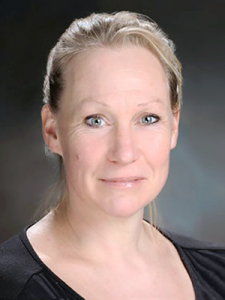
Suzanne Smythe
Associate Professor, Adult Literacy and Adult Education, Simon Fraser University
Dr. Smythe’s research program is located in the theories, pedagogies and policies of literacy and learning in community settings, with a focus on new challenges for equity and social inclusion in a digital society. This research focus necessarily enfolds strategies of community-based and participatory research that embed knowledge mobilization and engagement as integral to research design, knowledge sharing and publication methods. Her role in the STOREE project is concerned with the doing of knowledge mobilization, the potential and tensions of community engaged research in performative times, and the ethics of relationality that may guide these endeavours.
Co-Director Patient & Community Partnership for Education, Office of UBC Health, University of British Columbia
Angela has a longstanding interest and track record of work in university–community engagement
and public/patient involvement in health care and health professional education. Her scholarly work
has focused on shared decision-making between patients and health care professionals and, more
recently, bringing patient and community voices into the education of health professionals. All her
scholarship has involved the development, study and dissemination of educational innovation, much
in partnership with community members outside of academia. As Academic Director for the UBC
Learning Exchange from 2013 to 2022 she sought to strengthen engagement between the university
and the diverse communities in Vancouver’s inner city (Downtown Eastside) area. She initiated and
led the knowledge exchange project, ‘Making Research Accessible in Vancouver’s Downtown
Eastside’.
Collaborators
Co-Investigator
Professor, Department of ALM, Uppsala University
Dr. Huvila is an information scientist interested in information work and information management in diverse contexts. His research focuses on the question of how people in diverse communities get to know what they need to know to do whatever they need and want to do. During the academic year 2019-2020, Dr. Huvila was working as a visiting professor at the UBC iSchool.
Co-Investigator
Librarian, University of British Columbia
Kristina is a librarian at UBC, where she works with the distributed MD Undergraduate Program. From 2016-2019, she served as Executive Director for the Council of Prairie and Pacific University Libraries. Kristina is interested in knowledge exchange and the democratization of information. She has been involved with the Making Research Accessible Initiative since its inception.
Co-Investigator
Assistant Professor, School of Information, University of British Columbia
Julia Bullard is a researcher and instructor specializing in information organization, or the way we label and categorize resources to make them findable. As part of STOREE, she co-supervises the student work of developing community-centered terminology for the Downtown Eastside Research Access Portal. Her ongoing work focuses on how catalogues can more fully represent LGBT2QIA+ communities and how terms related to identity are included and revised in centralized and community-centered systems.
Partner Organizations
The BC Centre on Substance Use (BCCSU)
The BC Centre on Substance Use is a provincially networked organization with a mandate to develop, help implement, and evaluate evidence-based approaches to substance use and addiction by translating leading innovative multidisciplinary research into education and care guidance.
Simon Fraser University (SFU) Library
SFU Library is a comprehensive university library valuing openness, diversity, and creativity with a focus on the teaching, learning, and research needs of students and faculty, keeping over 5.6 million print, mircroform, and online items, maintaining a commitment to open access for all.
The University of British Columbia (UBC) Learning Exchange
The Learning Exchange was established in Vancouver’s Downtown Eastside (DTES) in 1999 and has become a trusted and valued contributor to the DTES community. It has developed as a welcoming, informal and lively hub where UBC students and faculty, and DTES residents and organizations connect, pursue common interests and learn from each other and, in so doing, increase community and university capacity to act for positive change.
The University of British Columbia (UBC) Library
UBC Library’s Irving K. Barber Learning Centre is dedicated to the intellectual, social, cultural, and economic development of people in British Columbia. It is focused on enhancing access to information, knowledge, and innovative teaching through the support of learning and research on an interactive basis with people in British Columbia and beyond.
